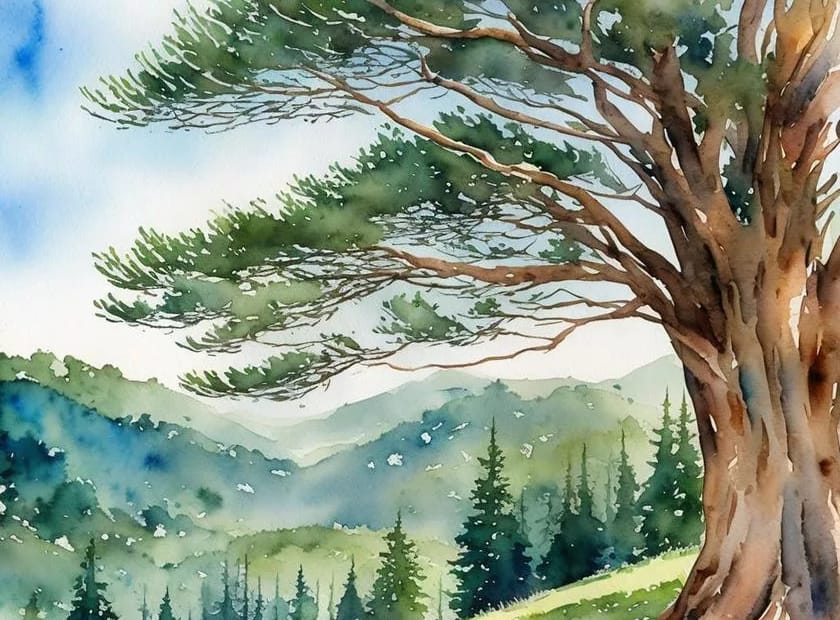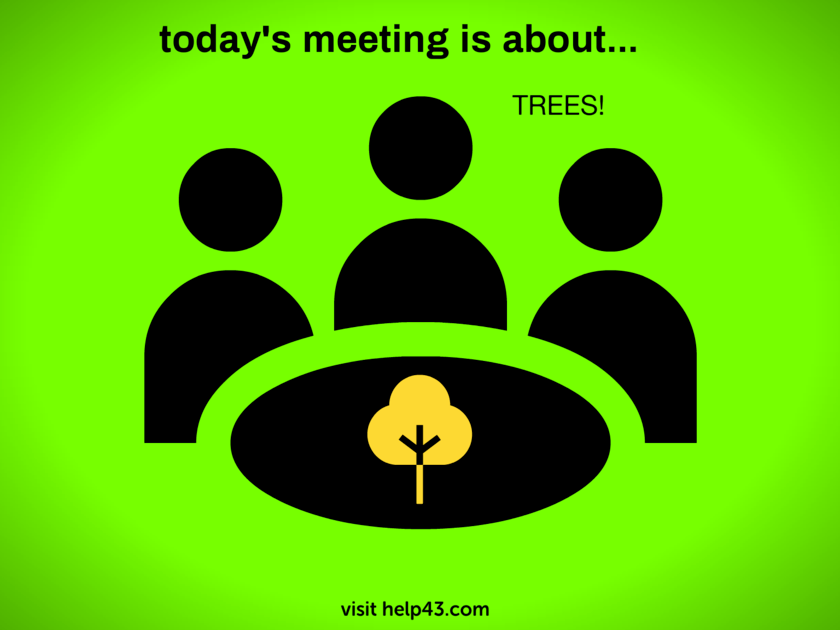The hype yew tree aka hero Taxus Baccata
The yew tree, scientifically known as Taxus baccata, is a coniferous evergreen tree native to parts of Europe, Asia, and North Africa. It is one of the oldest trees in Europe and has gained both historical and cultural significance due to its longevity and associations with death, rebirth, and spirituality. Here’s some information about the yew tree:
Species, Characteristics, botanical information about the yew tree
Species
Taxus baccata
Characteristics
- Appearance: The yew tree is a slow-growing, long-lived tree with a distinctive appearance. It has a dense, dark green foliage consisting of needle-like leaves that are arranged spirally on the branches. The leaves are flat and pointed, about 1 to 4 cm long.
- Size: Yew trees can grow to varying sizes depending on the conditions. They can reach heights of up to 20 meters or more.
- Bark: The bark of older yew trees is reddish-brown and becomes fissured with age, adding to the tree’s character.
- Reproductive Structures: Yew trees have separate male and female reproductive structures on different trees. The female trees produce small, fleshy, red berries containing seeds. These berries are encased in a fleshy, cup-like structure called an aril, which is not a true fruit.
Botanical Information
- Family: Taxaceae
- Genus: Taxus
- Species: Taxus baccata
- Native Range: Yew trees are native to Europe, Asia, and parts of North Africa.
- Habitat: They are often found in woodlands, hedgerows, and churchyards.
- Longevity: Yew trees are known for their exceptional longevity and can live for hundreds or even thousands of years.
- Toxicity: Yew trees are highly toxic, particularly their seeds and leaves, due to the presence of alkaloids like taxine. These compounds can be harmful if ingested.
Cultural Significance
- Death and Rebirth: Yew trees have been associated with death and rebirth in Celtic and Druidic traditions. They were often planted near ancient burial sites, symbolizing the cycle of life, death, and renewal.
- Spirituality: Due to its long lifespan and connection to death, the yew tree has been regarded as a symbol of immortality and the eternal soul.
- Religious Sites: Yew trees are frequently found in the vicinity of churches and religious sites in Europe, where they are believed to have been planted for their symbolic significance.
The yew tree’s unique characteristics, longevity, and historical associations have contributed to its revered status in various cultures and spiritual traditions.
Summarized table of information about the yew tree
| Species | Taxus baccata |
| Characteristics | – Slow-growing evergreen tree – Dark green needle-like leaves – Leaves arranged spirally – Reddish-brown bark – Female trees produce red berries with fleshy arils |
| Size | Up to 20 meters or more |
| Botanical Information | – Family: Taxaceae – Genus: Taxus – Native Range: Europe, Asia, North Africa – Habitat: Woodlands, hedgerows, churchyards – Longevity: Hundreds to thousands of years – Toxicity: Highly toxic due to alkaloids like taxine |
| Cultural Significance | – Associated with death, rebirth, and immortality in Celtic and Druidic traditions – Planted near ancient burial sites – Symbol of eternal soul and spirituality – Often found near churches and religious sites in Europe |
This table provides a concise overview of the species, characteristics, botanical information, and cultural significance of the yew tree.
Online resources
Here are some reliable online resources where you can find information about yew trees:
National Tree Register (UK)
The Yew Tree Trust maintains a comprehensive register of notable yew trees across the United Kingdom, providing detailed information on their locations, historical significance, and cultural associations.
- Website: Tree Council
- This resource contains information about notable yew trees in the UK and their ecological importance.
Royal Horticultural Society (RHS)
The RHS website offers valuable insights into the cultivation, care, and uses of yew trees in gardens, including tips on pruning, propagation, and common diseases or pests to watch out for.
- Website: RHS
- Offers detailed care guides and planting advice for yew trees.
USDA Forest Service
The USDA Forest Service website provides extensive information on the various species of yew trees found in the United States, their ecological roles, natural habitats, and conservation efforts.
- Website: Forest Service
- Provides information on the yew species found in the United States, including habitat and ecology.
The Arbor Day Foundation
As a dedicated organization focused on tree conservation and education, the Arbor Day Foundation offers resources on yew trees, including their environmental benefits, planting guidelines, and tree care practices.
- Website: Arbor Day Foundation
- Includes care tips, benefits of planting yews, and other tree-related information.
Botanical Gardens/University Websites
Many botanical gardens and universities maintain informative websites with in-depth articles, research papers, and publications on the botanical, medicinal, and cultural aspects of yew trees.
- Many botanical gardens and universities have specific sections dedicated to various tree species, including yews. Check websites like the Missouri Botanical Garden or Kew Gardens.
Wikipedia
While not always a definitive source, Wikipedia can provide a good starting point for general information on yew trees, including their taxonomy, distribution, historical uses, and notable cultural references.
- Website: Yew Tree on Wikipedia
- A general overview of yew trees, including their biology, history, and uses.
YouTube
YouTube offers a wide range of videos showcasing yew trees, including documentaries, educational content, and virtual tours of famous yew tree locations.
- Search for videos about yew tree care or significance; many gardening channels offer practical advice and insights.
Research Journals
For more scholarly and scientific perspectives on yew trees, research journals such as The Botanical Review and Phytochemistry publish articles on various aspects of yew tree biology, chemistry, and medicinal properties.
- Platforms like Google Scholar can provide scientific studies on yew trees, their genetics, and ecological roles.
Feel free to explore these resources for a well-rounded understanding of yew trees!
Famous stories
Yew trees have long been associated with various legends and stories across cultures, often symbolizing immortality, death, and transformation. Here are some notable tales and connections involving yew trees:
Celtic Mythology: In Celtic tradition, yew trees are seen as sacred and often linked to death and rebirth. They were believed to provide a bridge between the living and the dead, and many ancient burial sites were located near yew trees.
The Yew Tree in English Churches: Many churchyards in England feature ancient yew trees. It’s said that these trees were planted as symbols of eternal life, and their presence was often associated with the Christian doctrine of resurrection. The yew’s poisonous berries and toxic foliage also added to its mystique as a symbol of life and death.
Shakespeare’s Hamlet: In Shakespeare’s play, the yew tree is mentioned in relation to death. The famous graveyard scene portrays the inevitable nature of mortality, with the yew symbolizing the shadowy connection between life and death.
The Yew Tree at Fortingall: The Fortingall Yew in Scotland is believed to be one of the oldest living things in Europe, estimated to be around 5,000 years old. Local legends say that it was a sacred site for druids, and its ancient presence has inspired countless stories about time, endurance, and the passage of life.
Mysterious Yew in the Forest of Dean: Folklore in the Forest of Dean, England, tells of a particular yew tree that is said to grant wishes or act as a protector of the forest. Some tales suggest that those who harm the tree will suffer misfortune.
Yew Trees in Literature: Yew trees have been featured in various literary works, often representing the cycle of life and death. They appear in poetry and prose as symbols of endurance and the connection between the earthly and the spiritual.
These stories and associations highlight the yew tree’s rich cultural significance, encompassing themes of life, death, and the interconnectedness of existence.
Shop tip
Art Gallery by mib
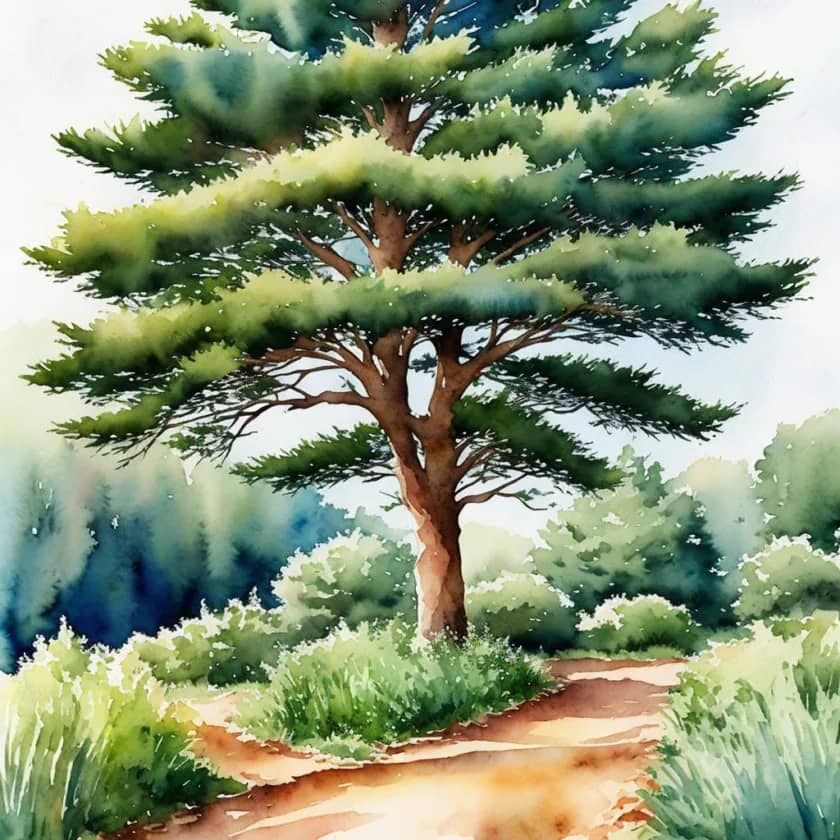
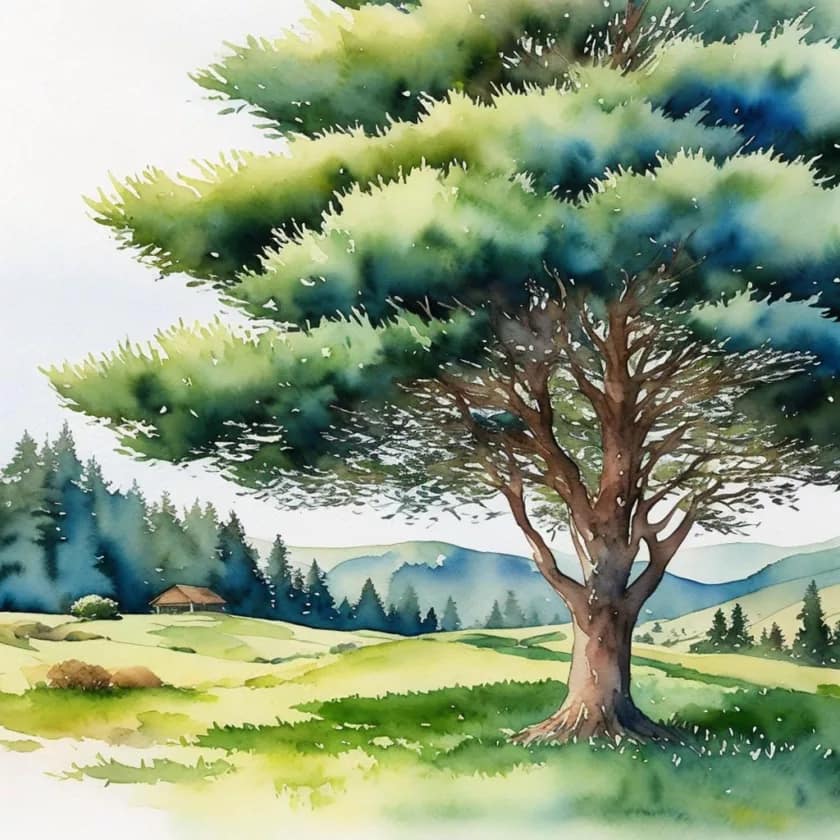
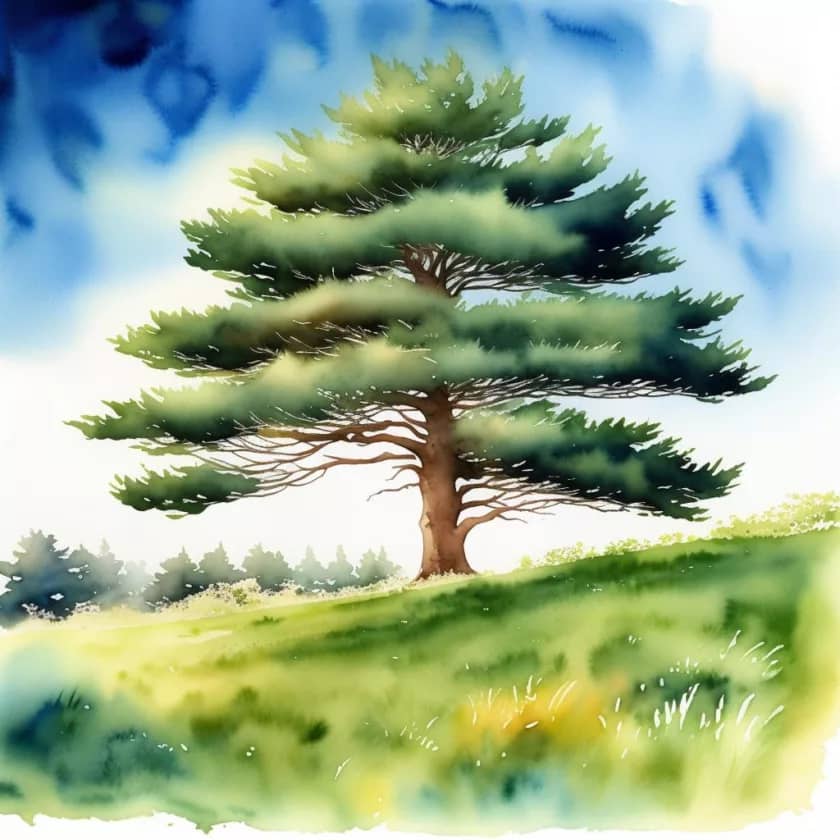
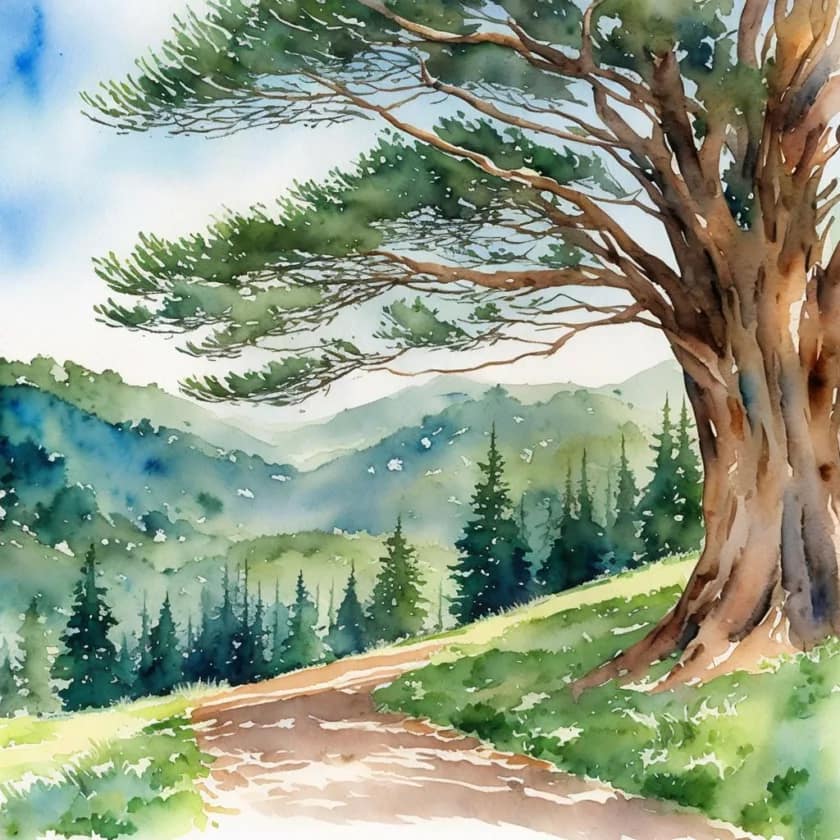
Botanicus Plus a GPT for starters and experts
Botnicus Plus boasts an array of new features, enhancing its global appeal and user interaction. These include: 1) Multilingual Support for accessibility in various languages. 2) Virtual Tours of famous botanical gardens and historical plant sites. 3) A Botanical Identification Tool for users to upload and identify plants. 4) Seasonal Guides and Tips tailored to local climates and regions. 5) Opportunities for users to engage in Collaborative Projects and Citizen Science Initiatives. 6) Advice on Sustainable Gardening Practices. 7) Interactive Q&A Sessions with botany experts. 8) Personalized Plant Care Reminders for gardeners. These features enrich Botnicus Plus’s mission to provide comprehensive, interactive, and culturally rich botanical education, fostering a deeper connection with the natural world.
Enjoy!👒
Invest in your future
Take time to learn
Embark on your journey in affiliate marketing and website creation alongside an incredible community and myself. Invest in your future by dedicating time to learn and earn. Take all the time you need to master the basics before aiming higher. Give it a try and sign up for free. You won't regret it! Discover the possibilities for yourself...

